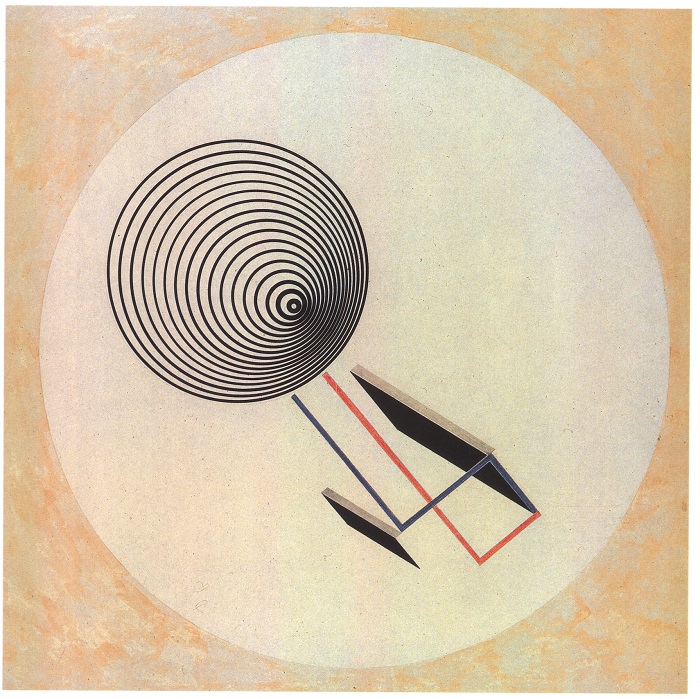Version française / Actualités
- Libellé inconnu,
Quantum Gravity: Physics and Philosophy
Publié le 12 octobre 2017
–
Mis à jour le 12 octobre 2017

Colloque organisé dans le cadre de l'ERC "Philosophy of Canonical Quantum Gravity".
Date(s)
du 24 octobre 2017 au 27 octobre 2017
Lieu(x)
Centre de conférences Marilyn et James Simons
Institut des Hautes Etudes Scientifiques
35, route de Chartres, Bures-sur-Yvette 91140
Institut des Hautes Etudes Scientifiques
35, route de Chartres, Bures-sur-Yvette 91140
Principes de la gravité quantique, trous noirs, correspondances holographiques, cosmologie quantique, espace-temps émergent, géométries quantiques, signification du temps...
On s'échine depuis quelque temps à formuler une théorie de la gravitation qui soit compatible avec les principes de la mécanique quantique. En quoi la philosophie est-elle concernée ? Telle est la question que nous adressons aux intéressés dans le cadre d'un workshop de quatre jours à l'Institut des Hautes Etudes Scientifiques. Il réunira des physiciens, quelques philosophes, et beaucoup de curieux et d'amateurs de science qui se demandent où va la physique contemporaine.
Research in quantum gravity represents a particularly suitable ground for a productive confrontation between physics and philosophy. But for this to become an authentic dialogue, and not a mere epistemological complement to the scientific discourse, it is essential that the dialogue be centred around questions which meet the demands and goals specific to these two disciplines.
On s'échine depuis quelque temps à formuler une théorie de la gravitation qui soit compatible avec les principes de la mécanique quantique. En quoi la philosophie est-elle concernée ? Telle est la question que nous adressons aux intéressés dans le cadre d'un workshop de quatre jours à l'Institut des Hautes Etudes Scientifiques. Il réunira des physiciens, quelques philosophes, et beaucoup de curieux et d'amateurs de science qui se demandent où va la physique contemporaine.
Research in quantum gravity represents a particularly suitable ground for a productive confrontation between physics and philosophy. But for this to become an authentic dialogue, and not a mere epistemological complement to the scientific discourse, it is essential that the dialogue be centred around questions which meet the demands and goals specific to these two disciplines.
The main goal of this workshop is to bring together internationally renowned physicists and philosophers to explore the various possible modes of collaborations enabled by the current status of the theories seeking the unification of quantum mechanics and gravity. It will focus on transversal questions, and more particularly on the principles and methods employed in quantum gravity. We shall try, as far as possible, not to confine the discussions to epistemological clarifications of the “foundations”, but to show instead that the questions at stake might be potentially as important and general in their consequences as were those raised, at the beginning of the 20th century, by the theories of general relativity and quantum mechanics.
Indeed, quantum gravity reactivates long-standing questions about the relation between physical theories and empirical observations, the exact role (foundational or merely heuristic) of “principles”, the identification of the basic objects or structures of a theory (problems of reduction and emergence), the mathematical characterisation of becoming and the meaning of time, the singularity of the object “universe”, the stability of the laws of nature, etc.
The four days of conferences will be organized around the following thematic units: the principles of quantum gravity, black holes, holographic correspondences, quantum cosmology, emergence of spacetime, the status of time in quantum gravity and quantum geometries.
This workshop also aims to provide students and young researchers with an overview of the major conceptual issues of this vast field of research.
The workshop is free but registration is mandatory.
Organizers:
Gabriel CATREN (CNRS, Laboratoire SPHERE)
Thibault DAMOUR (IHES)
Elie DURING (Université Paris Nanterre, Laboratoire IRePh)
Federico ZALAMEA (CNRS, Laboratoire SPHERE)
IHES / CNRS SPHERE-UMR 7219 / PARIS NANTERRE IREPH-EA 373
Toutes les informations sont sur le site de la conférence.
Mis à jour le 12 octobre 2017







